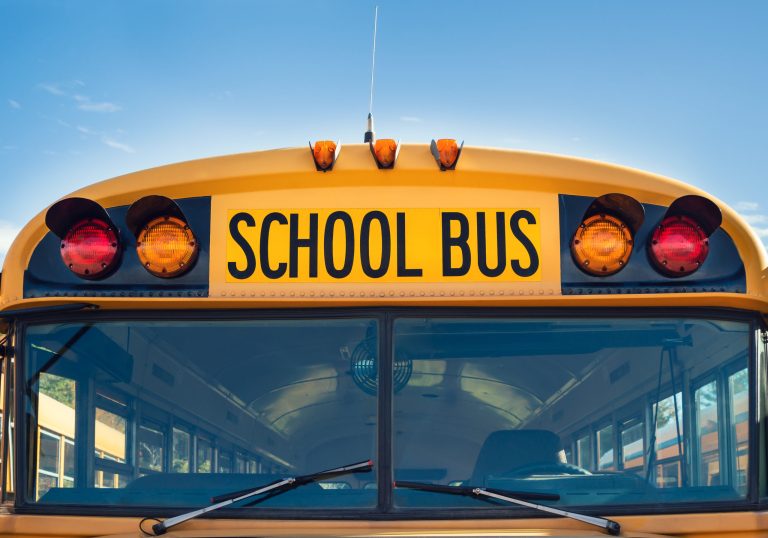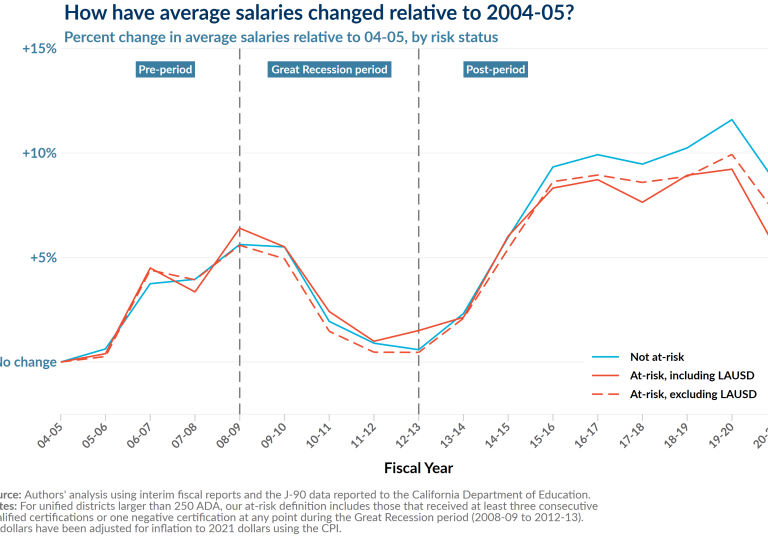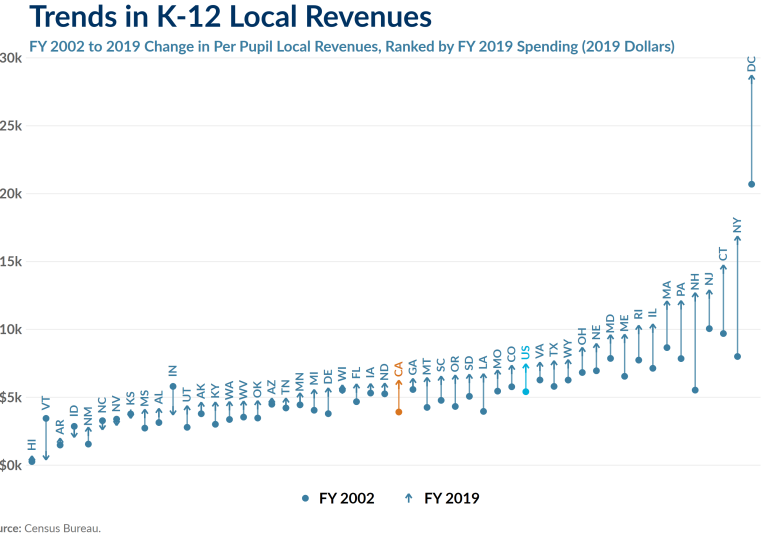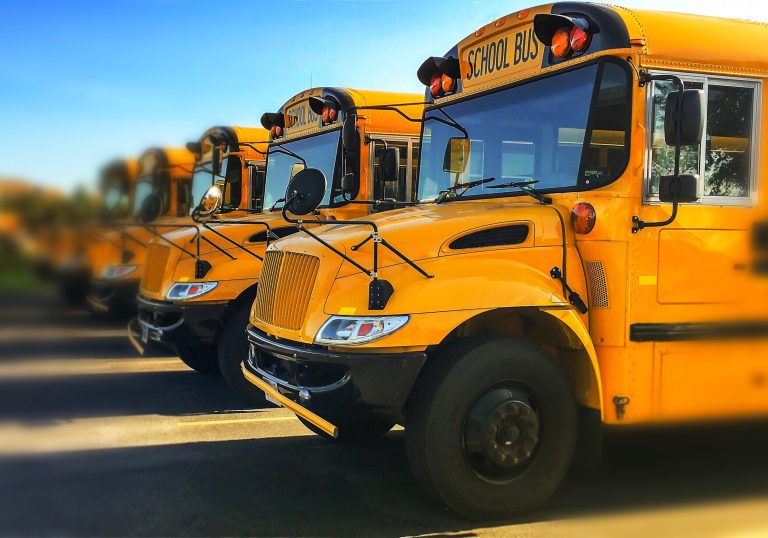Summary
What effect does direct experience in low-income schools have on education policy opinions and beliefs? We consider the case of Teach For America (TFA), a prominent alternative teacher preparation provider with an admissions process that generates quasi-random variation in applicants’ likelihood of matriculation. We leverage this variation using a regression discontinuity design, and collect outcome data by surveying over 32,000 TFA applicants regarding education inequality and reform. We find that teaching in underserved schools causes individuals to reject the presupposition that the behaviors and values of low-income students and their families perpetuate income-based differences in academic performance. Rather, participation cultivates a belief that widespread social injustices contribute to disparities in educational opportunities. When evaluating education reform strategies to address these disparities, we find that the experience as an educator in a low-income school causes no change in support, and at times, less support for politically-charged policy levers in the United States as effective tools to affect desirable change. Instead, low-income classroom experience engenders more support for simple investments that expand access and services for low-income children, as well as efforts to elevate the prestige of the teaching profession. Moreover, experience in the classroom cultivates more steadfast beliefs that income-based disparities in educational opportunities can be resolved.










